Find out the article by Benjamin Laurent, founder of Preludd Payment Services, on mastering the Cloud in companies.
I have been wanting to express myself on this subject for a long time.
Companies like Preludd Payment Services which provide SaaS solutions need to ensure 100 % available service for their customers.
Easier said than done.
I have always been astonished to see how young Startup Cloud-based businesses are able to make long-standing companies, which were thought of as « untouchable », waver. What is the secret of their success ? This is precisely the subject I wish to deal with in this article.
Time for choices
Technical choices
At the beginning of any company in SaaS, technical choices have to be made. Over the years, this technology has become more and more profuse and more complex to understand and select. Because today,( perhaps even more than yesterday), these options are strategic and crucial for building up the company as well as for long-term focus.
However, should the founder of an SaaS business possess technological knowledge ? Is it up to the founder to make all the technological decisions ?
Yes and no…
Yes, the CTO is not always present at the outset of the Startup. These technological choices are said to be « key factors » for the future of the business. In fact, the better the basic choices are, the better the future and success of the project.
No, since many could say it is not the role of the founder to make all the technological decisions for the business. As often with stereotypes, the division of subjects puts the founder in the position of fund-raiser, strategist and of course business developer.
In my experience, the capacity of the founder to understand these subjects, even very technical ones, improves decision-making. At times, I have had to challenge decisions in a constructive manner, even impose my own choices, because I understood them and considered them in the medium and long-term strategy of the business. So, yes, in my view, having technological know-how helps a lot but you do need to take the required time.
This is when organisational choices occur particularly in picking the Technical Director. Indeed, founders who have little or no technical know-how naturally have to rely on their Technical Department.
Organisational Choices
The CTO is a key player in the organisation of any SaaS business.
He carries responsability for having the last word about technology which needs investment. It is also crucial for existing technology to evolve so as not to miss any turning-point. ..
Unfortunately, from what I can see today in numerous SaaS businesses, the role of CTO is not clearly defined. The so-called Technological Departments are often separated between development management and technical management. The result is a complex or « political » management of technical choices.
In this context, at the time of strategic decision-making, arbitration may be ill-suited to one of these managements, since its own point of view cannot be taken into account.
Knowing how to enquire
Many successful managers with an operating company, find it difficult to review their initial choices. Even though they know that in the long term it could be harmful overall for the business, even disastrous concerning technical junctures. This issue is too often neglected in the face of immediate profitability and convenience. This is mainly due to the fact that pride in success overshadows the capacity to bring ourselves into question. That’s only human ! Being well-accompanied is therefore paramount.
Let us compare this to the automobile industry which has evolved its production tools by introducing robotic technology. Nowadays, who could boast about launching a new automobile contructor based on a hand-made assembly line and not on robotics for production ? This analogy could be applied to SaaS solution suppliers. In effect, today much more than yesterday, technological choices are « strategic » for the long-term vision of the business. The mirage of « that’s good, it works, no need to change » dies hard.
Daring to change is crucial for me. You should not think wrongly that it introduces loss of profitability in the short-term and is therefore bad for business.
The basic technological choices do not necessarily need to last but need to adapt and evolve.
The « technical debt » : myth or reality ?
Aaaaah, the technical debt ! This term cropped up as soon as software was developed, above all when « agile » development methods appeared. What a plague this technical debt is ! Always growing, making us break out in a cold sweat, slowing down development…It is like a monstrous molecular blob whose expansion is out of control…
It is true but it is manageable.
When I came across this term during courses for agile methods, I said to myself: « it is up to the developers to manage… ». Actually, no. Any manager who does not heed the technical debt carefully, is unavoidably exposed to a risk which could prove fatal to his company. Managing the technical debt should be at the heart of the technological strategy devised by both the CEO and the CTO.
Why choose Cloud technology for your Startup ?
From the outset, Preludd chose to build its payment platform in the Cloud for technological and strategic reasons which seemed obvious.
One of the major assets of the Cloud is « autoscalability », that is to say, the capacity of the infrastructure to automatically resize its ressources to adapt to incoming traffic (both increasing and decreasing). Traffic represents the number of simultaneous connexions that the infrastructure must absorb to ensure proper service.
Nevertheless, we had to repeatedly justify this choice, which could, out of ignorance, scare away some players .
Today, five years on, we can see that Cloud solutions have spread. Our choices now make sense.
This has enabled us to go international easily, to acquire great Cloud expertise and increase our infrastructure capacity, smoothly and continuously. Since these skills are new, this expertise takes time to acquire. The whole thing is to allow long-term cost optimization for our customers.
A « long-standing » infrastructure cannot be autoscalable, since its technical characteristics are immovable and more difficult to evolve.
The question is to know why some companies in SaaS do not take the leap up to the Cloud. I would be curious to hear your comments.
In short, interest in technology, a suitable and evolving organisation and awareness of these subjects by the management team, are some of the secrets of success.
That is only my point of view 😉.

